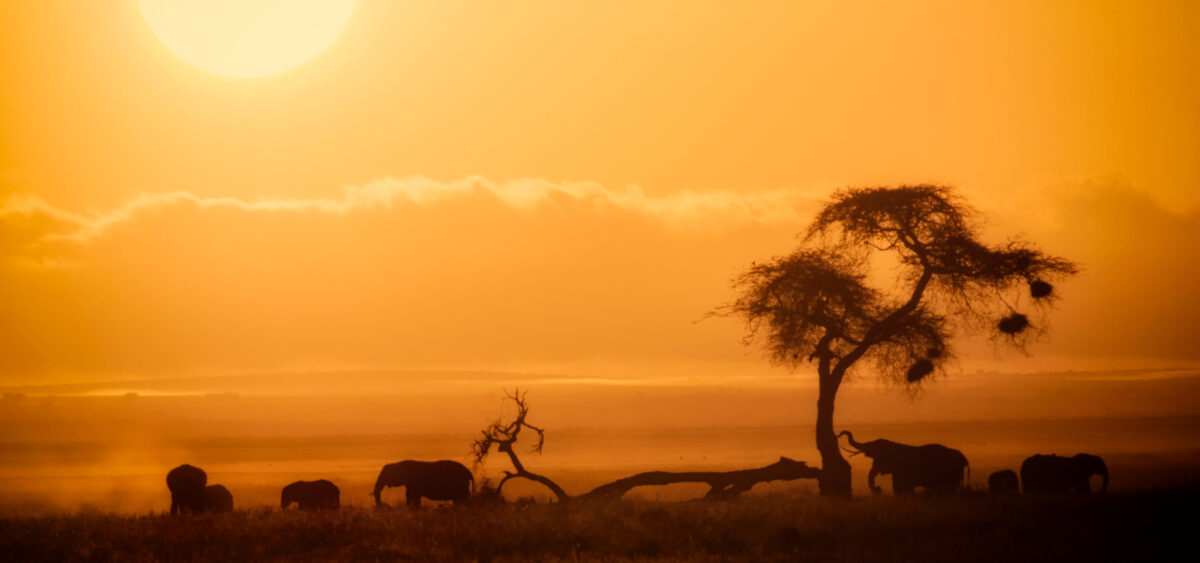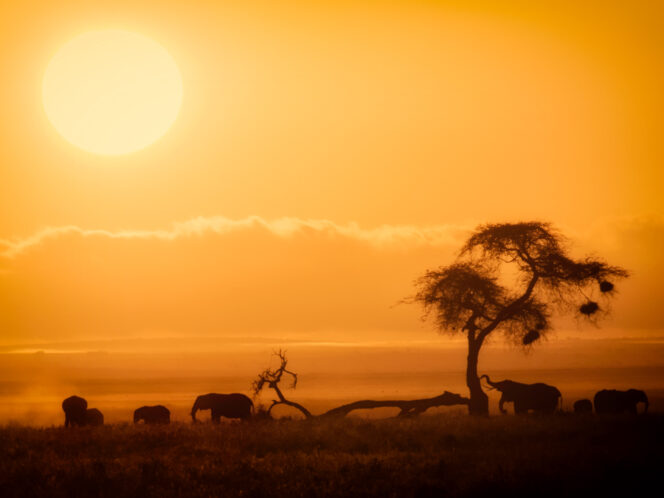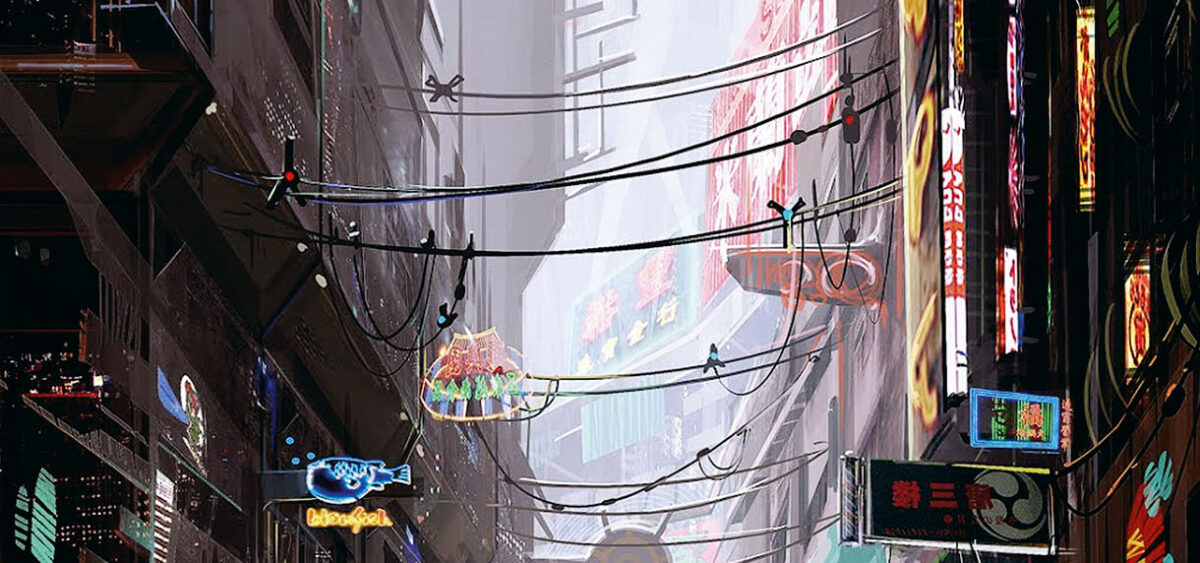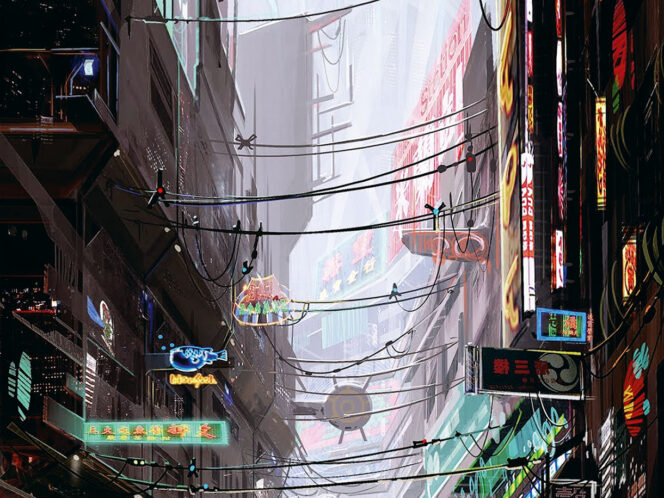
Sunrise in Kenya is like a bloodstained ribbon. In Peru, dawn is a time of great silence. In India, morning is a fleeting moment of freshness. In Seoul, there’s no real morning at all.
The chief says the city’s dangerous. Unlike the land we are crossing now—which for him holds no secrets. He says that boys from his tribe head out into the bush for months at a time, only returning to the village once they’ve learned how to cope with dangers—big and small. “Don’t be afraid of a herd of stampeding wildebeest. But be afraid of this tiny spider. If it bites you, you’re done for.” He pushes the bug away with a stick, as it scrambles across the uneven, still cool earth. I barely register it before it disappears into darkness. The light from my headlamp carves out a small circle amid the absolute black. Night descended upon Maasai Mara yesterday in a blink of an eye, without mercy. I barely had time to notice the approaching Maasai people wearing red, patterned kangas; the fabric reflected the rapidly fading light making them look as though they were glowing from within. After a moment, all was gone. As we sat around the fire, darkness enveloped us like a heavy, pitch-black coat.
The chief gives the wake-up call when all is still shrouded in darkness. I couldn’t sleep anyway. Every now and again, termites dropped out of the straw roof onto my face and hair. Hyenas made raucous noise in the distance. I’m relieved to break the tense stillness, to distract my wild imagination at last. We walk for an hour through the still-dark savannah, among sparse scrubland, with soil








